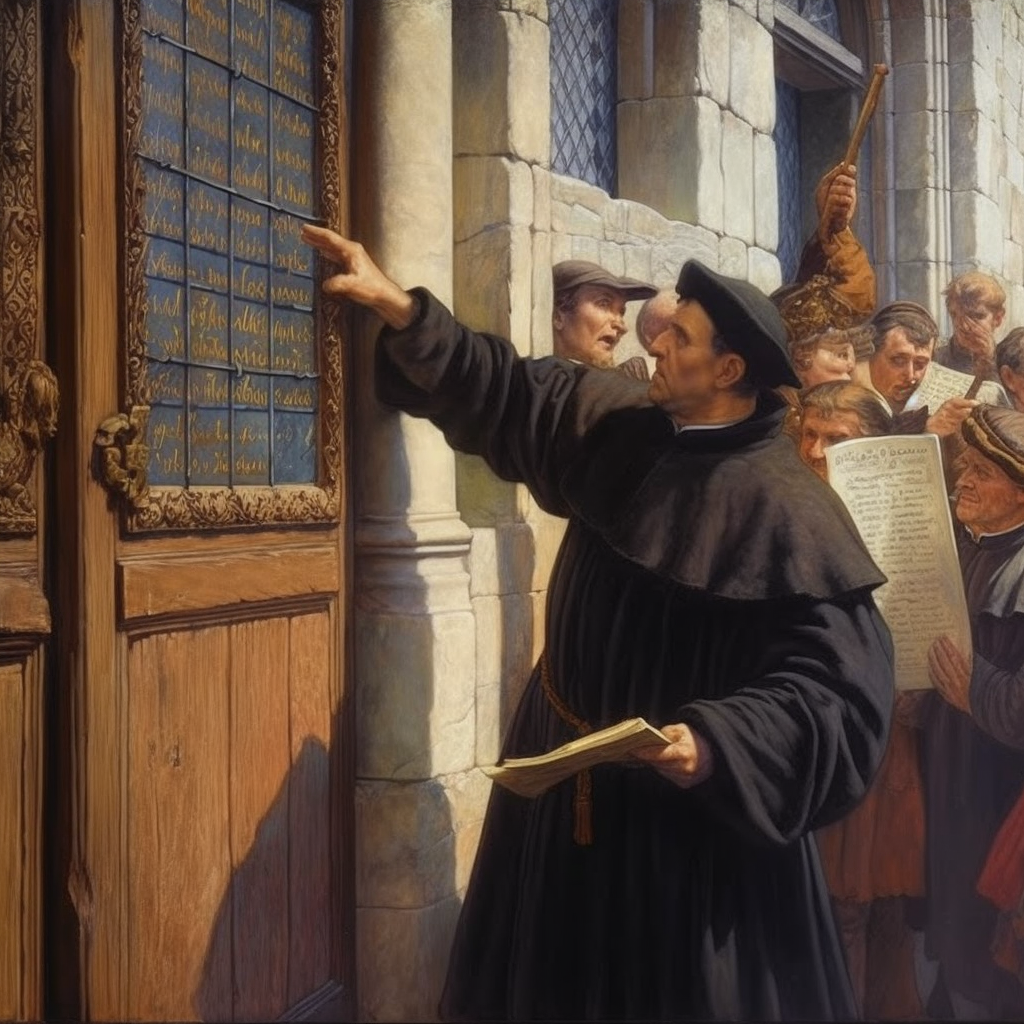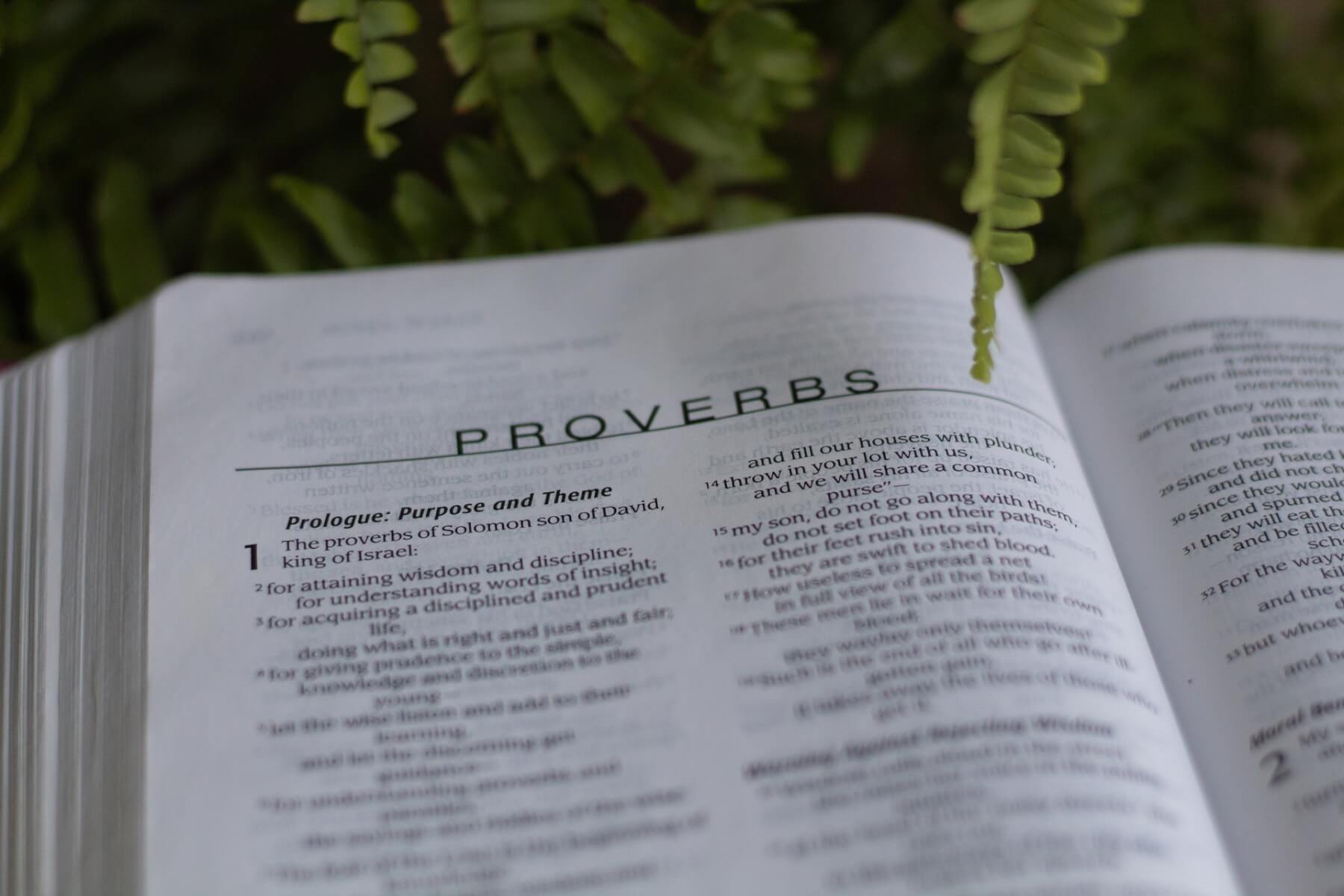Have you ever paused to ponder why there is so much variety among Christian churches in the present day? The roots of this diversity date back to the 1500s, a pivotal era known as the Protestant Reformation. This was no minor shift, but rather a fundamental metamorphosis within the sphere of Christianity. Figures like Martin Luther emerged to contest the prevailing norms and rituals, giving more weight to the teachings of the Bible. In this blog post, we’ll be delving deep into this significant historical period, examining the circumstances and implications it holds for contemporary churches. Let’s unravel this fascinating chapter of history together!
How the Protestant Reformation Came to Be
Leading up to the Protestant Reformation, Europe was in a state of change and unrest. The 16th century was a time of exploration, scientific discoveries, and rising literacy rates. But the Roman Catholic Church, the most powerful institution of the era, faced growing criticism.
People were increasingly unhappy with corruption within the Church, including the sale of indulgences (payments to reduce punishment for sins). Many believed the Church was more concerned with wealth and power than with spiritual guidance.
At the same time, the invention of the printing press helped spread new ideas faster than ever before. It became easier for people to read the Bible for themselves, in their own language, rather than relying solely on the Church’s interpretation.
Martin Luther, a monk and scholar, was one of those who grew frustrated with the Church’s actions. His decision to publicly challenge the Church would kickstart the Reformation, a move that would forever change the course of Christianity.
Martin Luther and the Spark that Began the Reformation
Martin Luther, a German monk and university professor, was an important figure in the birth of the Reformation. He had been wrestling with the Church’s teachings, particularly the selling of indulgences. He believed that this practice, along with others, conflicted with the essential Christian message of salvation through faith in Jesus Christ, not through monetary offerings or works. He believed the church had strayed far from the foundations of the early church in Acts.
In 1517, in response to the Church’s actions, Luther penned a document known as the Ninety-Five Theses. In it, he criticized the Church and its practices, particularly the sale of indulgences. His goal was to spark a scholarly debate, but his ideas ended up doing far more than that. He wanted the church to be healthy. Luther’s Ninety-Five Theses were quickly disseminated across Europe, thanks to the recent invention of the printing press. His writings resonated with many who had similar grievances against the Church.

Luther was called to defend his beliefs at the Diet of Worms in 1521, a meeting with the most powerful religious and secular leaders of the day. His refusal to recant his views resulted in his excommunication from the Church, but it didn’t deter him. Instead, Luther continued to preach, write, and encourage the reform of the Church, becoming a catalyst for a broader Reformation movement.
At the heart of Luther’s teachings was the concept of ‘sola scriptura’ – Scripture alone. He insisted that Christian doctrine should be based solely on the Bible, not on Church traditions or the declarations of popes. This principle had a profound impact on the development of Protestantism and remains central to many Protestant churches today.
The Beginning of the Protestant Church
The Protestant Reformation sparked the creation of a new branch of Christianity – the Protestant Church. This began with Martin Luther’s challenge to the Catholic Church’s practices, leading to numerous other religious thinkers, such as John Calvin and Huldrych Zwingli, establishing their own interpretations of Christianity.
As a result, what started as a singular movement splintered into several denominations, each with its unique beliefs and practices. Today, the Protestant Church is not a monolith but a rich tapestry of faiths, including Lutheranism, Anglicanism, Presbyterianism, and many more. Millions of believers go to church each Sunday, to hundreds of different denomination. Each denomination underscores the enduring impact of the Reformation and its core value of scripture-centered faith.
The Modern Church is Always Reforming
Reformed believers have always recognized human imperfections and sinfulness. This awareness stems from the doctrine of ‘total depravity’, which acknowledges that no part of our lives is untouched by our estrangement from God. This applies to our church practices too. Historically, Reformed confessions, such as the Scots Confession and the Westminster Confession of Faith, invite scrutiny and correction from Scripture, acknowledging that even councils can get it wrong.
This humility arises from the understanding that the church, even at its best, is a fallible human institution. We are reminded that we “hold these treasures in earthen vessels.” Therefore, continual reform is viewed as institutional repentance. We constantly submit our doctrines and structures to be reshaped according to the Word of God and the call of the Spirit.
Our openness to reform also stems from our understanding of God as a living entity. This living God and His attributes aren’t confined to our traditions or the current context. God’s revelation is always a gift, never a given, and speaks through the Scriptures in an ever-changing world. This understanding compels us to honor our religious predecessors with humility while challenging us to serve the living God in our unique context.
Thus, the church, cognizant of our fallibility and God’s liveliness, remains ever open to reform. The inherent recognition of human imperfection, combined with the ever-living nature of God, means the church is always in the process of being reformed.





